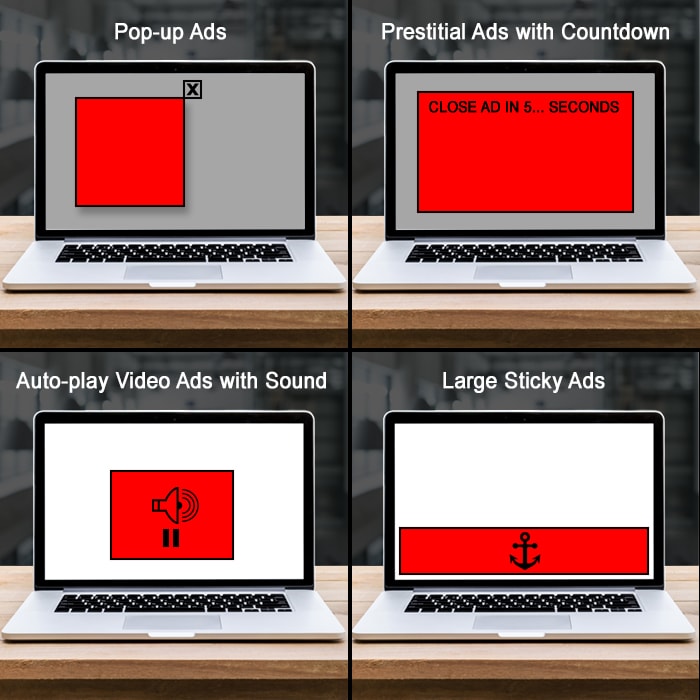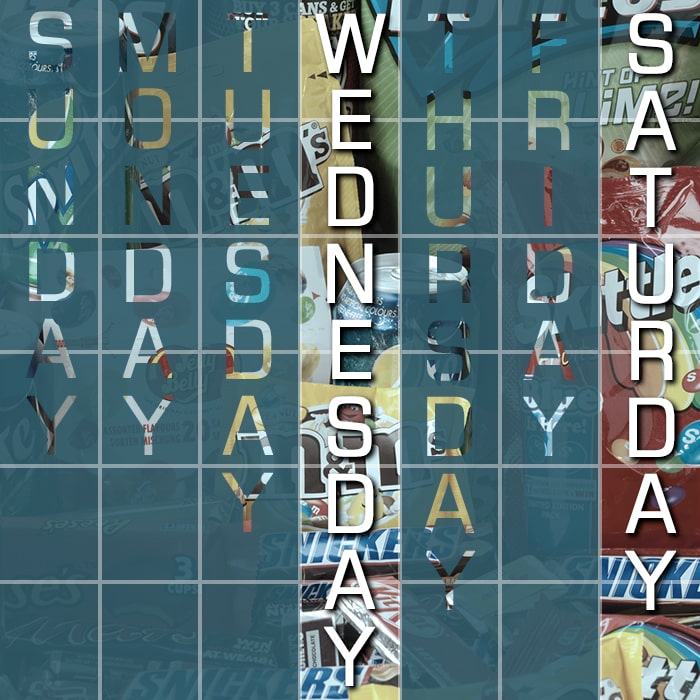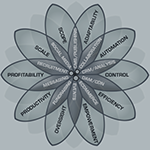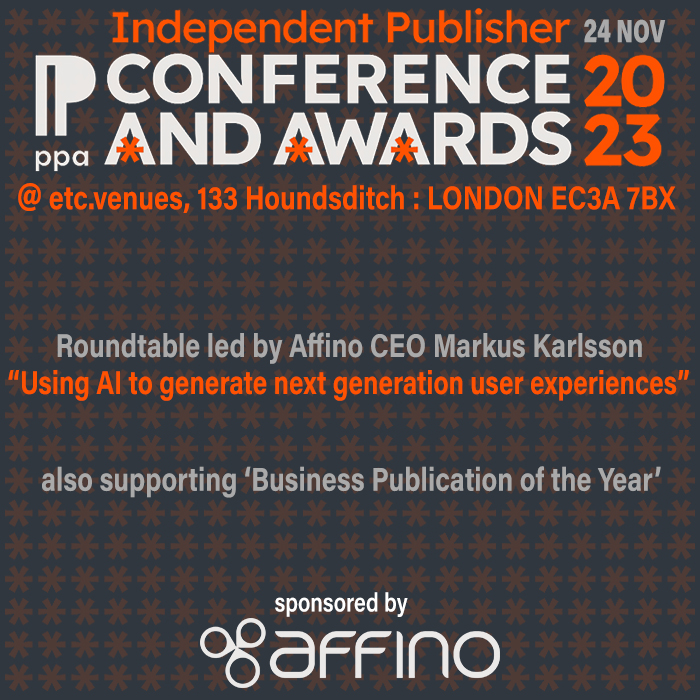Troll Wrangling

For any site owner it is wholly inevitable that you will eventually encounter Trolls - those posting negative and inflammatory comments, messages, form entries and pretty much most any kind of input on the site. These agitators often have psychological issues but often they are just bored and lacking attention. Much like an unruly child at school they do need to be dealt with swiftly, otherwise their activities can spread, and they can nevertheless cause undue disruption which can have significant impact on the finer workings of your site and digital business - and can spiral out to targeting your customers / readership as well as yourself.
There are various types of Trolls, and they operate along several different lines - often using false accusations and seeking to cause damage to reputations. Some are simply just perennial complainers who are vociferously against anything and everything you do, others employ more clever means of trying to engineer situations of disrepute - including describing various unsubstantiated and entirely fictitious claims and issues. You must always challenge those on specificity and references - if the accuser cannot reference and substantiate their grievances then it is proven to be baseless and artificial / false - this though must be isolated and taken off-site as such.
A common trait with ’Trolling’ is a lack of context - i.e. simply a litany of complaints against anything and everything - without any context or proper references. It’s not just a matter of disagreeing with an opinion, but accusing an author of being somehow corrupt, or unsuitable, unprofessional or worthless for instance - any such activity should be considered an attempt at undermining your status and damaging your reputation and should be reacted to swiftly and decisively. Generic terms are often used to condemn and decry whole articles or sections even - which are proclaimed wrong, untruthful, exaggerated or littered with all manner of mistakes - while no specific mistakes are referenced or identified. Again - as in a court of law any accusations must be backed up with collateral evidence and references or they are deemed wholly baseless and defamatory.
I have come across such examples several times in my career - usually in the form of some sort of unsubstantiated wholesale complaint - wholly lacking in references or context - and usually posted by a pseudonym or anonymised email. As a customer-care-centric company one always tries deal with existing and potential customers / readers on an equal and equitable basis, but you really must be wary of the vocal minority vs the silent majority.
Much of the time these individuals are just desperate to elicit some sort of emotional response from you, but you must not grant them the oxygen of publicity as these sorts of messages can easily escalate, disrupt your community and impact your business / reputation negatively.
Here is a brief checklist for screening and handling Trolls:
How to Handle Trolls
- Make sure you are dealing with a Troll - What is their message? What is its specificity? Are there references and context? Is this a genuine grievance or complaint? Can you identify the Person? If it’s a strong generic unreferenced and anoymised complaint or condemnation it’s likely an attempt at Trolling
- Try to identify and classify the Troll/s - User Name/s, Email Addresses / Domains and IP Addresses - try to discern patterns of behaviour and prior incidents
- Try contacting / connecting with the Troll/s - but off-site, and knowing that you may likely need to block their email address/es later - some due diligence is needed here to establish just who you are likely dealing with - some you may need to ignore entirely
- Make sure your Terms and Conditions are written to cover Trolling activity and that they mention consequences and resulting actions
- Neutralise the Troll/s on a cascading basis - start by giving them a warning vs breech of Terms and Conditions and then escalate appropriately
- Next disable the user account if relevant or block same user / name from posting again
- Finally, if the protagonist is a repeat offender you may need to deploy more extensive Username, Email and IP Address Blocks in combination
- You may need to limit comments and messages to registered, double-confirmed users only
- If you identify persistent attacks from specific individuals you may need to contact the Police
- Make sure you keep records and references of all Trolling behaviour - such that you can pass on proper collateral to the Police if necessary
As I stated in the intro it is inevitable you will encounter Trolls on your site at some stage - usually when your site reaches certain levels of popularity / critical mass, but occasionally earlier on - if one of your articles becomes a focal point it may happen a lot sooner. The thing to do is not to panic, and not to get reeled in - these people are aiming to get a rise out of you - they want to agitate and cause disruption - you need to maintain your professionalism and cool. Try to reach out, but be quick to react and clinical in your actions. Your Terms should set out accepted behaviour onsite, and failure to follow the rules will result in swift action including expulsion and blacklisting.
We have been largely fortunate with our Clients and sites in that Trolling activities have been few and far between and really at a very low level, but we have known instances on other sites where the police / cyber-crime division have needed to get involved. There are huge advantages to having open and free-flowing comments, messaging and networking onsite, but they do come with challenges too. We do our best to develop processes and infrastructure to help keep disruptive elements at bay - but alas their is a manual component too alongside necessary due diligence and due process.

Did you find this content useful?
Thank you for your input
Thank you for your feedback
Upcoming and Former Events
Affino Innovation Briefing 2024
Webinar - Introduction to Affino's Expert AI Solutions - Session #2
Webinar - Introduction to Affino's Expert AI Solutions - Session #1
PPA Independent Publisher Conference and Awards 2023
Meetings:
Google Meet and Zoom
Venue:
Soho House, Soho Works +
Registered Office:
55 Bathurst Mews
London, UK
W2 2SB
© Affino 2024



































